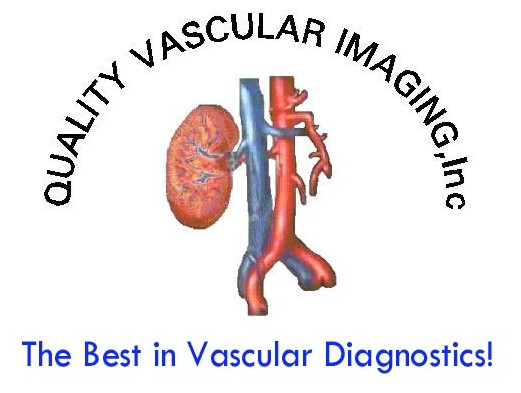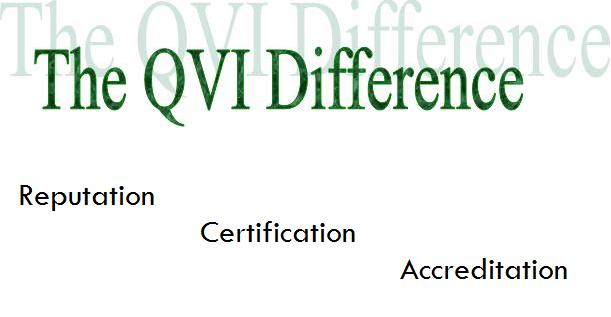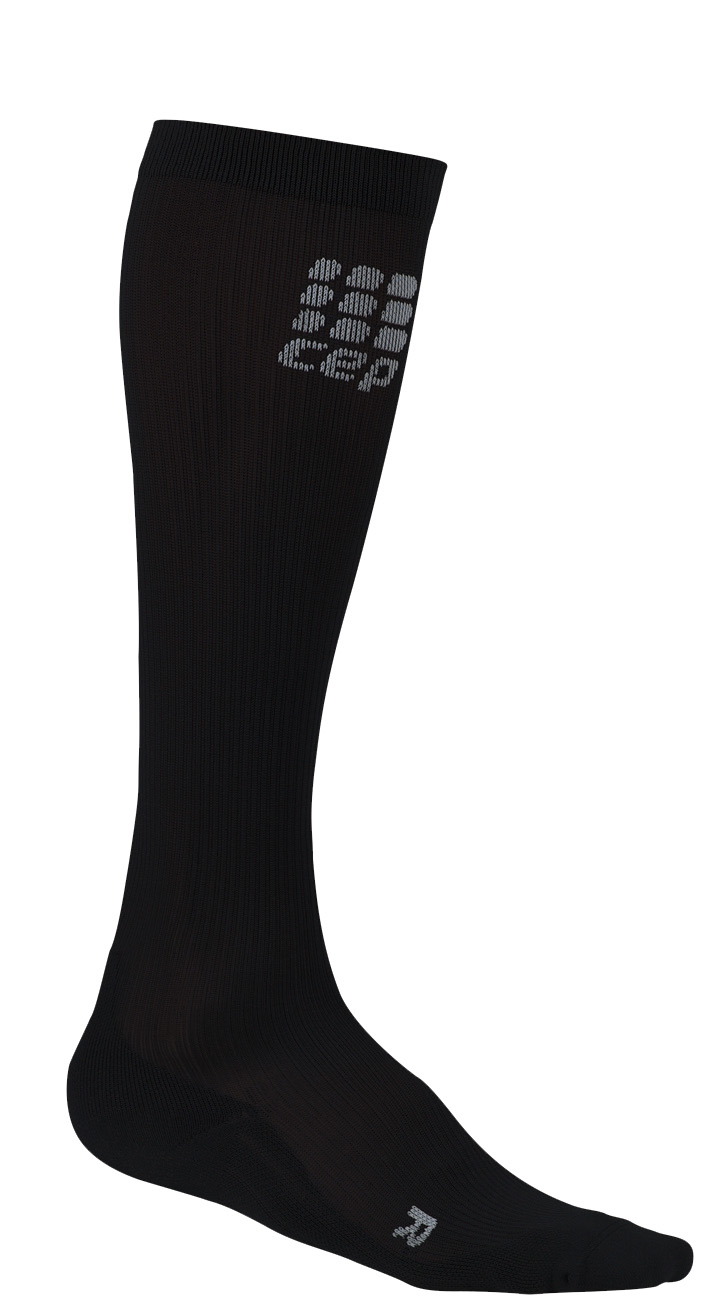

Presence of lower extremity venous pulsatility is NOT due to cardiac dysfunction
Introduction: The presence of peripheral venous pulsatility is widely recognized and commonly attributed to cardiac dysfunction, however the precise cause(s) have been poorly defined in the literature. We have noted multiple patterns of venous pulsatility, often in patients with no history of heart disease. In a normal, high compliance venous system, cardiac pulsatility is continually dampened with distance from the heart. We theorized that in a low compliance system, the pulsatility would be transmitted throughout and its presence is a reflection of the hemodynamic state of the lower extremity venous system. Methods: We evaluated the right popliteal vein in 30 normal volunteers (average age 35) with no history of heart disease and minimal venous disease (C-Class range 0-2 average 0.4). The right popliteal vein was chosen for its distal anatomic location and to avoid any potential of left iliac vein compression. Three (3) spectral waveforms were obtained in the following manner: 1.) a left lateral supine position with the right popliteal vein at the level of the right atrium, 2.) after standing for >3” with no right leg weight bearing or muscle contraction, and 3.) following 10 seconds of vigorous plantar / dorsi flexion. Results: In a supine position, all 30 limbs had normal respiratory phasicity with minor variation. In every patient, following quiet standing there was very low velocity forward flow with a discernable pulsatility. Immediately following dorsiflexion, flow became highly pulsatile. Conclusion: 100% of patients demonstrated a highly pulsatile flow when the lower extremity venous system was filled to resting hydrostatic pressure. While cardiac dysfunction may result in venous hypertension reducing system compliance, the presence of pulsatile venous flow in the lower extremity can be demonstrated in all persons and is therefore solely a function of venous hemodynamics. |
QVI Home Virtual Vein Center Why QVI really is the Best in Vascular Ultrasound! Case of the Month Patients Referring Physicians Health Professionals Site Map |
Current Happenings

Introducing our new educational website.

Virtual Vein Center is a new concept in educational delivery. Get the education you need and want, when you need it. If you need CME, you can get them here as well.
To read more about it, click here for a complete page. Feel free to go to the site and browse around.


Several QVI staff took time to attend the 2014 American College of Phlebology Annual Congress in Phoenix Arizona in November to deliver numerous workshops and lectures. It was a high quality meeting as usual. The complete program is available for download here.


The 2014 SVU Annual Conference was held in Orlando and several QVI attended and presented numerous presentations. Jeannie was also honored as a Fellow of the SVU.
To read more

Jeannie recently attended the 25th Society of Vascular Medicine 2014 Annual Conference as an invited speaker in La Jolla, Ca. Her numerous lectures were very well received.


The International Union of Phlebology, in conjunction with the American College of Phlebology held its World Meeting in Boston in September 2013. Held only every 4 years, this was the first time ever in the US. Several QVI staff were invited speakers presenting some original scientific research.

Sydney, Australia

Bill was the International Keynote Speaker at the Australian Sonographer Association Annual National Conference in Sydney.
What a great experience!
To read more about this and our other international teaching


QVI was once again awarded the D.E. Strandness Award for Scientific Excellence at the 2013 SVU Annual Conference.
To read more -

Medical Compression socks continue to be on the forefront of venous treatment. Recently, they have entered the realm of the athlete. To learn more about what compression socks can do you you, please visit compressionsocks.pro


QVI wins the D.E Strandness Award at the 2012 SVU Annual Conference!
Read more about it!

To go to the
CASE OF THE MONTH!
Click the QVI logo


